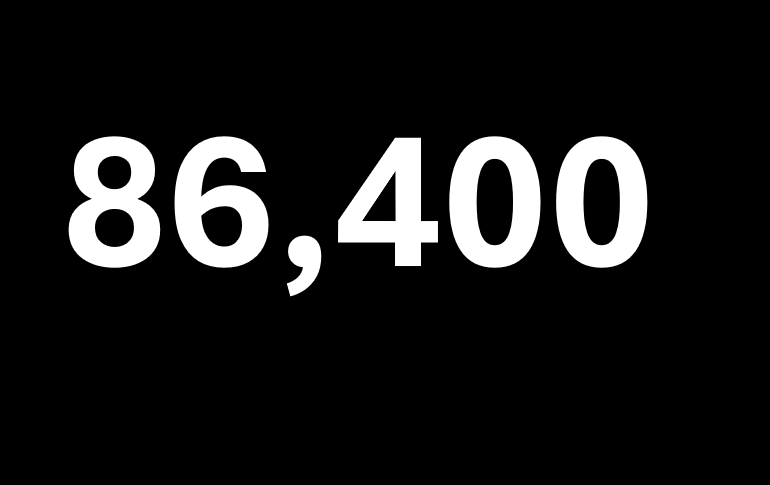Bach Werke Verzeichnis 208

Was mir behagt, ist nur die muntre Jagd. BWV 208, nicknamed “The Hunting Cantata” (or The Hunt Cantata), in my opinion, is one of the worst cantatas that Bach wrote (if he did write it). “Sheep May Safely Graze” (Schafe können sicher weiden) is its only redeeming movement (again, in my opinion). It is a secular cantata and has entirely too many arias. As I know, it was the first of Bach’s secular cantatas. In that way, the construction makes sense; he had not yet developed his style.
I have sung Schafe können sicher weiden (Sheep Can Safely Graze) at many weddings. I do not understand how this became a choral piece. It is a solo soprano aria as Bach wrote it. I, also, do not understand why this is a wedding song. What has sheep safely grazing to do with a wedding?
I grew up on a farm and I can tell you that sheep are nasty creatures. Not unlike goats, they eat anything. They have an unlikable disposition. (And then there was the spring where I had to assist in birthing lambs; just gross.)
Sheep do not safely graze unless they are closely observed. Hence the first stanza of the text, “Sheep may safely graze and pasture in a watchful shepherd’s sight.” It is kind of like horses (minus 2, if you are playing Cows).
Sheep have a penchant for getting all sorts of things in their coats (wool). Sheep may safely graze but will still manage to get dirty as all get out.
Back to Bach (which, coincidentally, is what is printed on the binding of the second volume The Grove Dictionary of Music and Musicians). BWV 208 was written in 1713 (supposedly) and published in 1881 (131 years after his death) there is no guarantee that BWV 208 is actually a Bach work. The story goes that it was written for Duke Christian for a birthday celebration. He was, apparently, an avid hunter; hence the nickname (I will not call it a hypocorism because that does not apply in this case).
It is also interesting that the soloists are named after pagan gods; considering that Bach was a staunch Lutheran. The bass soloist is Pan. Pan is the pagan god of, among other things, shepherds and flocks. Pan is depicted with the legs, hind quarters, and horns of a goat (which is OK, I guess, because one of the four collective nouns for goats is flock). The bass soloist is also shafted; of the 15 sections, he gets one recitative and two arias. (The chorus part is practically non-existent; only two bits in the entire work.)
In any case, BWV 208 just does not make any sense. The text, not written by Bach, is weird, in a confusing way, and the music is, again in my opinion, not up to the Bach standard. That is enough on this.
~ Giles



 Support Us
Support Us
Comments ()